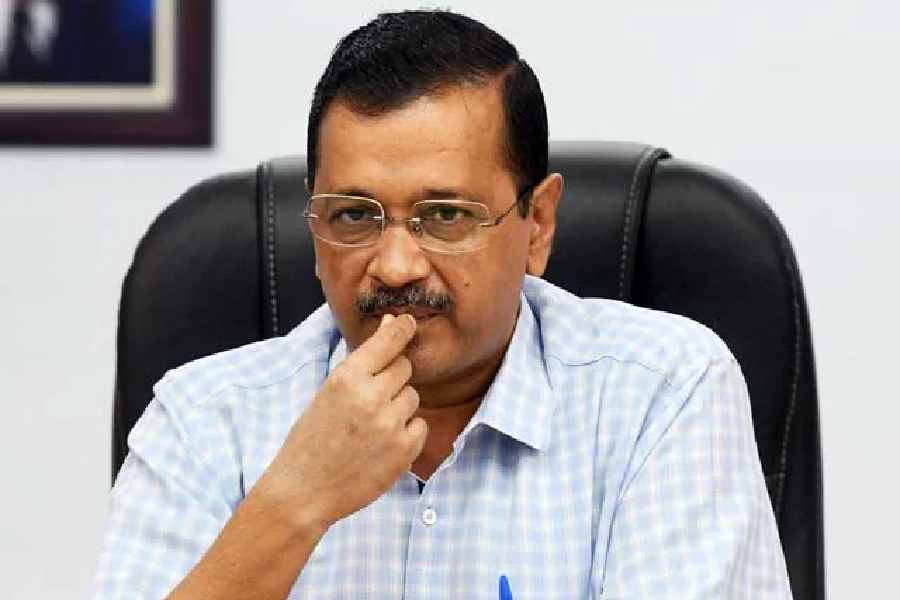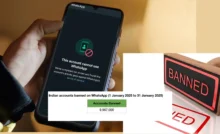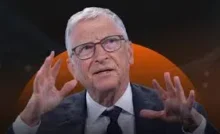Delhi Chief Minister Arvind Kejriwal on Thursday replied to the Enforcement Directorate’s fourth summons issued to him related to the Delhi Excise policy case and asked why the notice had been sent to me just two months before the elections.
ED had issued a summon to Kejriwal for the fourth time in a money laundering probe related to irregularities in the Delhi excise policy 2021-22 case asking him to join the investigation on January 18.
“This is illegal and invalid in the eyes of law. Whenever such notices have been sent, they have been quashed by the courts. I have written to ED several times, but they are not responding. These notices are being sent as part of a political conspiracy. This investigation has been going on for 2 years and they have not found anything yet,” the Delhi Chief Minister said.
“The courts have asked them many times whether any recovery has been made from anywhere. How much money has been received? People are being beaten and false statements are being taken. Why is the notice sent to me 2 months before the elections? Because they wanted me to stop campaigning in the Lok Sabha elections. The aim of all this is to stop Kejriwal by any means before the elections,” he added.
The fresh summons to Delhi CM follows the third summons which he skipped last week.
Kejriwal has so far skipped summons issued by the ED on three occasions including on January 3, November 2 and on December 22, calling them “illegal and politically motivated.”
The ED wants to record Kejriwal’s statement in the case on issues like the formulation of policy, meetings held before it was finalized, and allegations of bribery.
While skipping the third summons issued by the ED, Kejriwal termed it “illegal”, saying he was ready to cooperate, but the agency’s intention was to arrest him and stop him from election campaigning.
The Excise Policy case is based on a First Information Report (FIR) alleging multiple irregularities in the formation and implementation of the Delhi excise policy (2021-22) by the Central Bureau of Investigation. The policy was withdrawn after allegations of corruption.
The excise policy was aimed to revitalize the city’s flagging liquor business and replace a sales-volume-based regime with a license fee for traders. It promised swankier stores and a better buying experience. The policy introduced discounts and offers on the purchase of liquor for the first time in Delhi.




